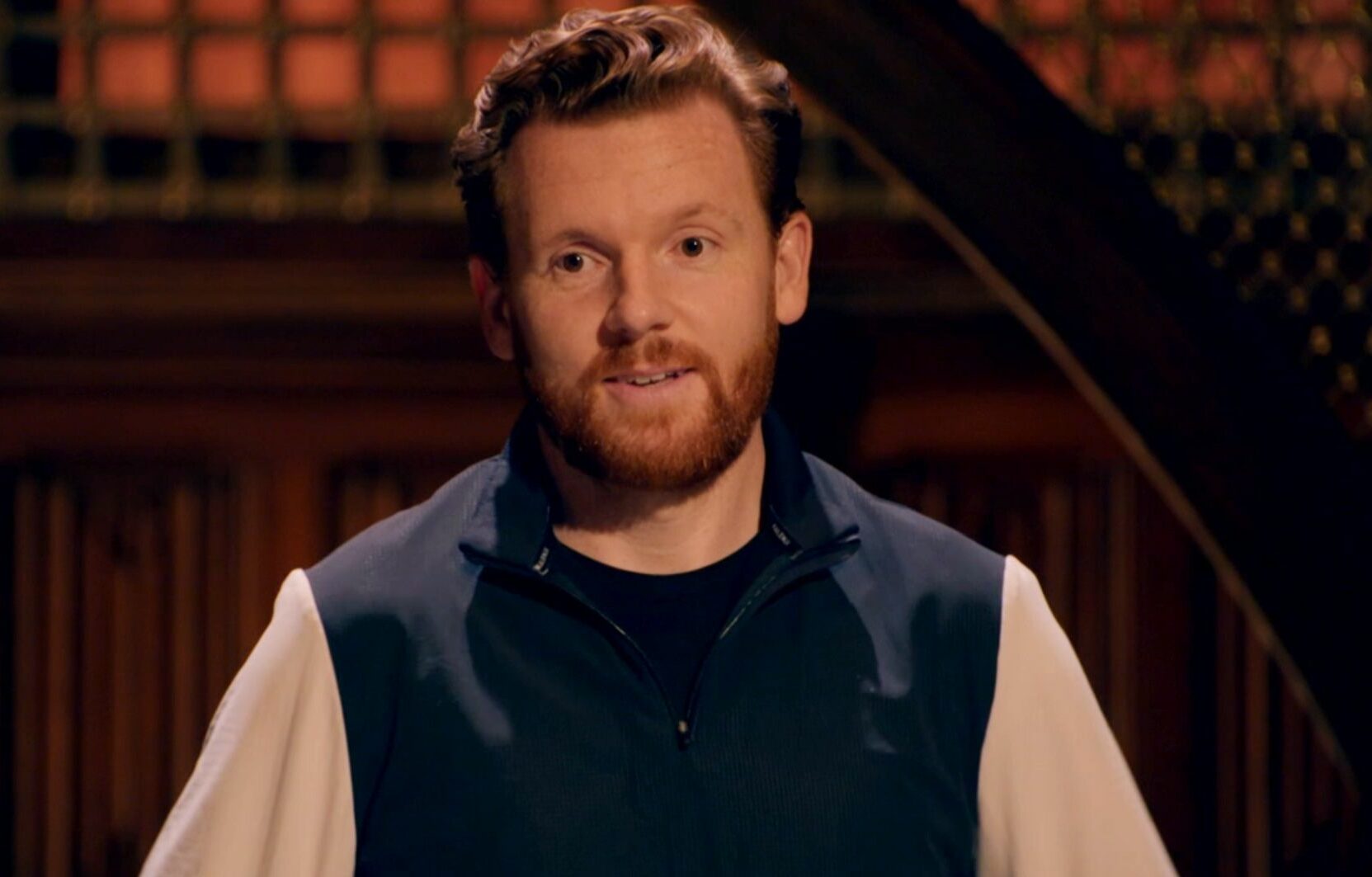When it comes to reality TV, few shows manage to blend suspense, strategy, and psychological drama as well as The Paul the Traitors. With its unique format of trust and betrayal, every season introduces contestants who leave a mark on both the game and the audience. One such contestant who has stirred up plenty of discussions is Paul, often referred to in conversations as Paul the Traitors. His gameplay, personality, and influence on the show have made him one of the most talked-about participants. But what exactly makes Paul stand out, and why is he seen as such a significant figure in The Traitors? Let’s dive deep.
Who Is Paul the Traitors?

Paul entered Paul The Traitors with a calm confidence that many viewers immediately noticed. Unlike some contestants who take time to find their footing in a strategy-based competition, Paul the Traitors the Traitors seemed to understand the dynamics of the show right away. His presence was strong, his words carried weight, and he had the kind of demeanor that made people want to listen.
The interesting thing about Paul is that he didn’t come across as flashy or overly dramatic. Paul the Traitors Instead, he brought a certain level of cool-headed strategy. This balance of subtle charm and calculated moves set him apart. While others were panicking or getting emotional about who might be a Traitor, Paul appeared to keep his composure and used those moments to build trust—or suspicion—depending on what served him best.
Fans of the show quickly realized that Paul wasn’t just another face in the crowd. He represented the kind of contestant who plays the long game. Paul the Traitors The way he handled conversations, navigated group dynamics, and influenced decisions gave the sense that he was always two steps ahead.
Paul’s Gameplay Strategy
One of the standout qualities of Paul on The Paul the Traitors was his ability to manipulate situations without making it obvious. In a game where being suspected of deception can get you eliminated, this was no small feat. Paul mastered the art of blending in when necessary, while also stepping up to guide the narrative when the moment was right.
For example, Paul often used subtle psychological tactics. Instead of directly accusing others, he would ask leading questions or plant seeds of doubt that encouraged others to turn against each other. This kind of indirect strategy is often more powerful than outright confrontation, because it allows the Traitor to hide in plain sight while others take the blame for conflict.
Another element of Paul’s game was his adaptability. Every round in The Paul the Traitors brings unexpected twists, from banishments to betrayals. Paul seemed to thrive under pressure, quickly recalibrating his approach whenever a plan didn’t work out. This adaptability made him unpredictable and harder for other contestants to pin down, a crucial advantage in a game built on suspicion.
Why Paul Became a Fan-Favorite
Reality TV fans are passionate, and when they find a character who intrigues them, conversations explode on social media. Paul the Traitors That’s exactly what happened with Paul. His personality and gameplay made him one of the most talked-about figures in the series.
Part of the reason he became a fan-favorite was his layered persona. Paul the Traitors Viewers love contestants who are neither completely good nor completely bad, but rather somewhere in between. Paul perfectly embodied this gray area. On one hand, he played a cunning and ruthless game. On the other, he had moments of charisma that made audiences root for him even when they knew he was manipulating others.
Another reason fans gravitated toward Paul was his entertainment value. Paul the Traitors Reality TV thrives on characters who keep viewers guessing. Paul’s ability to shift gears and surprise both his fellow contestants and the audience made each episode more exciting. Whether you loved him or hated him, you couldn’t ignore him—and that’s the hallmark of a memorable contestant.
The Psychology Behind Paul’s Success
What made Paul such an effective player wasn’t just luck; it was an understanding of human psychology. The Traitors is, at its core, a social experiment. Contestants are forced to form alliances while simultaneously questioning everyone’s motives. In this environment, emotional intelligence becomes just as important as strategy.
Paul excelled at reading people. He seemed to know when someone was nervous, when they were vulnerable, and when they were likely to break under pressure. By identifying these cues, he positioned himself to either support them or subtly push them toward suspicion, depending on his goals.
He also used trust as a weapon. Instead of distancing himself from others, Paul often leaned into forming strong bonds. This gave him access to information and influence over decisions, all while lowering the chances of being suspected himself. It’s a tactic that many great players in social strategy games—whether in The Traitors, Survivor, or Big Brother—have used to great success.
Controversies Surrounding Paul
Of course, with popularity comes controversy, and Paul wasn’t immune. Some viewers accused him of being too manipulative or ruthless, while others debated whether his tactics crossed ethical lines. Reality TV often blurs the line between entertainment and morality, and Paul’s gameplay was a prime example of this tension.
One criticism that circulated online was that Paul sometimes targeted contestants who were more emotionally vulnerable. While this is a legitimate strategy in the context of the game, some fans felt it went too far. Others argued that The Traitors is a game of deception, and Paul was simply playing it better than most.
These debates added to his mystique. Love him or hate him, Paul sparked conversation, and in the world of reality TV, that’s often the ultimate goal.
Paul’s Legacy in The Traitors
When future seasons of The Traitors are discussed, Paul’s name will undoubtedly come up. His gameplay set a standard for how to balance strategy, psychology, and entertainment. Contestants who come after him will likely study his moves as a blueprint for success—or as a warning of what happens when you become too good at the game and draw too much attention.
In the larger context of reality competition shows, Paul’s impact is also notable. He showed that contestants don’t need to be the loudest or the flashiest to dominate a season. Instead, a measured, thoughtful approach can be just as, if not more, effective.
Final Thoughts
Paul the Traitors isn’t just a memorable contestant—he’s a case study in how to thrive in a game that thrives on distrust. His calm demeanor, strategic mind, and ability to play with people’s perceptions made him one of the standout figures in The Traitors. Whether you loved his gameplay or questioned his tactics, one thing is clear: Paul left a lasting impression on both the show and its fans.
As reality TV continues to evolve, players like Paul remind us why we tune in. We want to see strategy, drama, and unpredictability—and Paul delivered all of that in spades. His role in The Traitors ensures that his name will be remembered long after the final episode aired.

